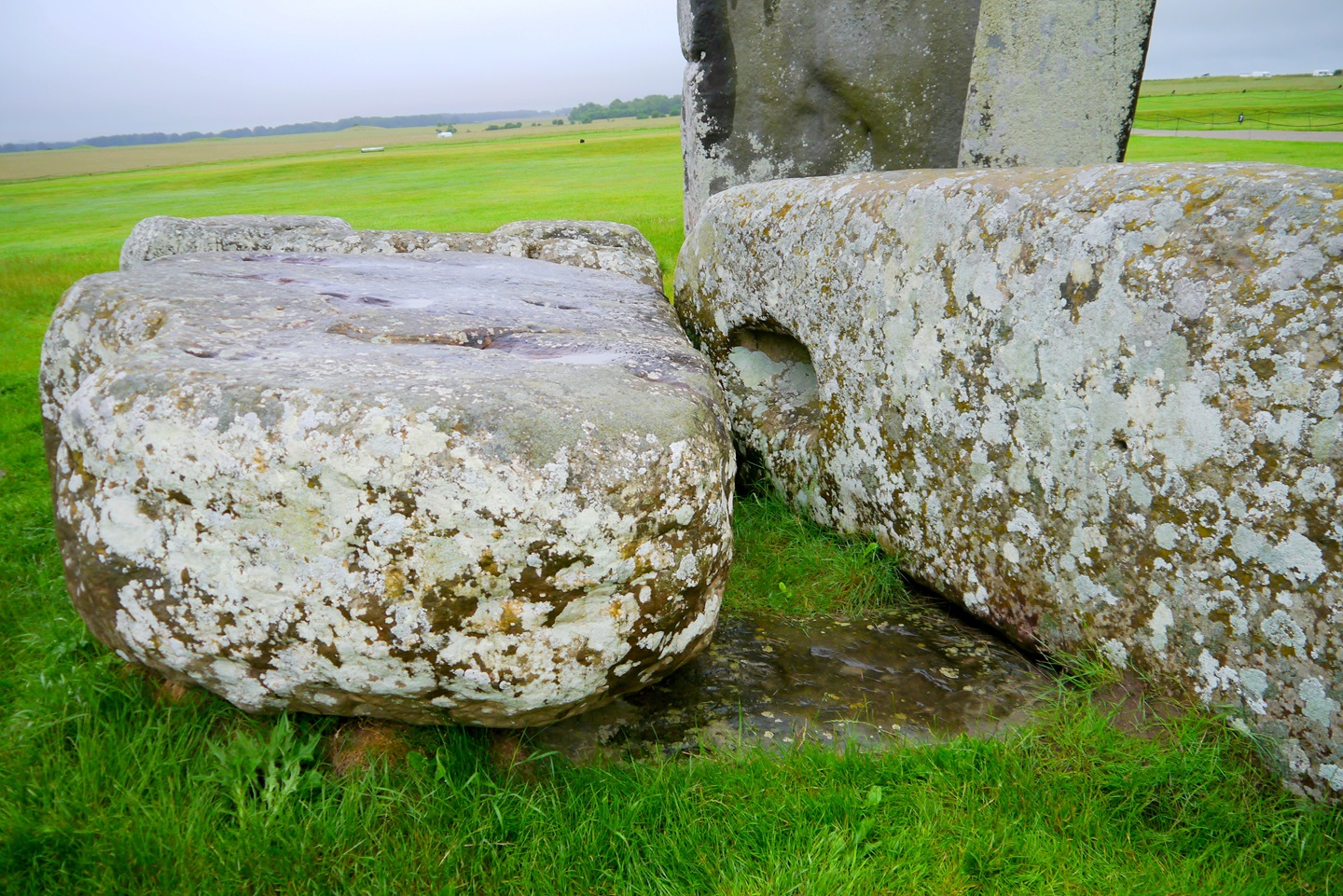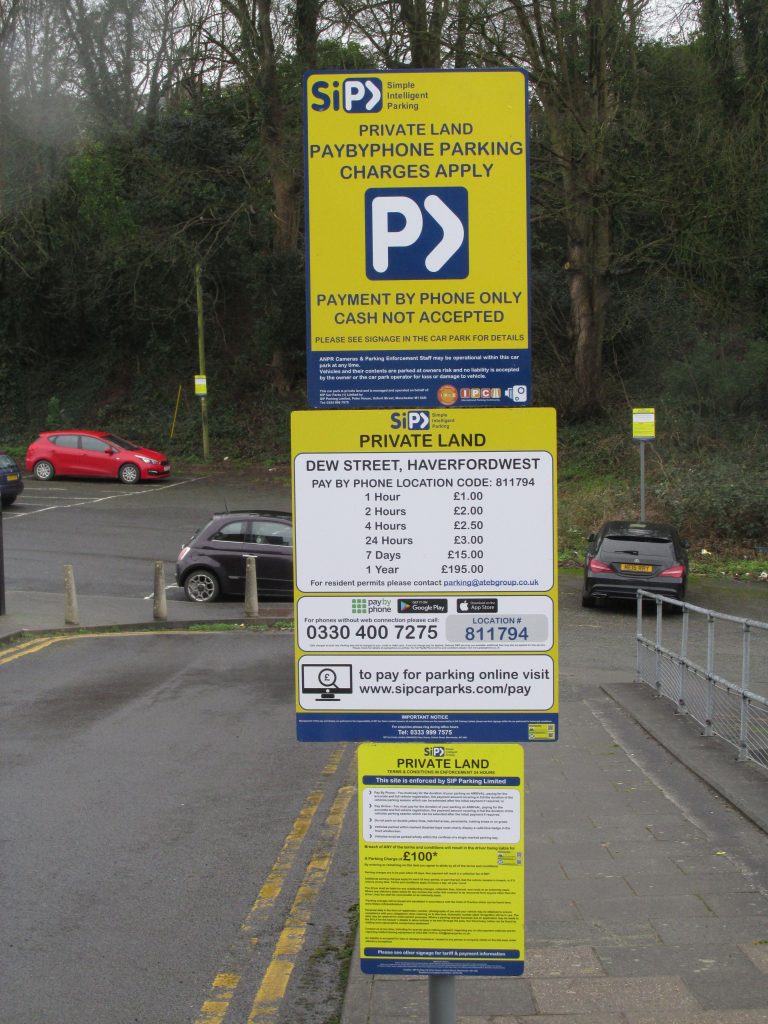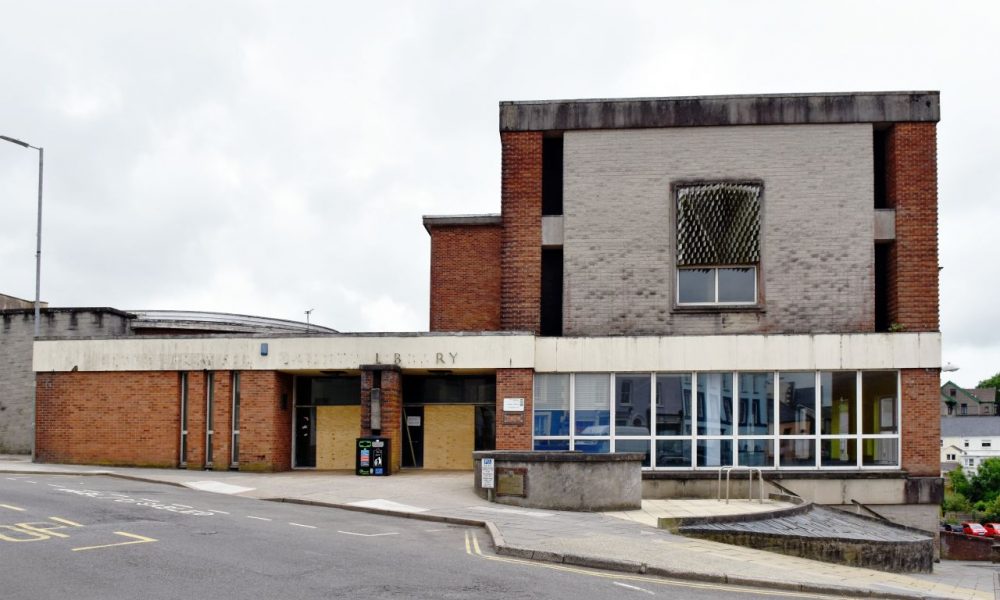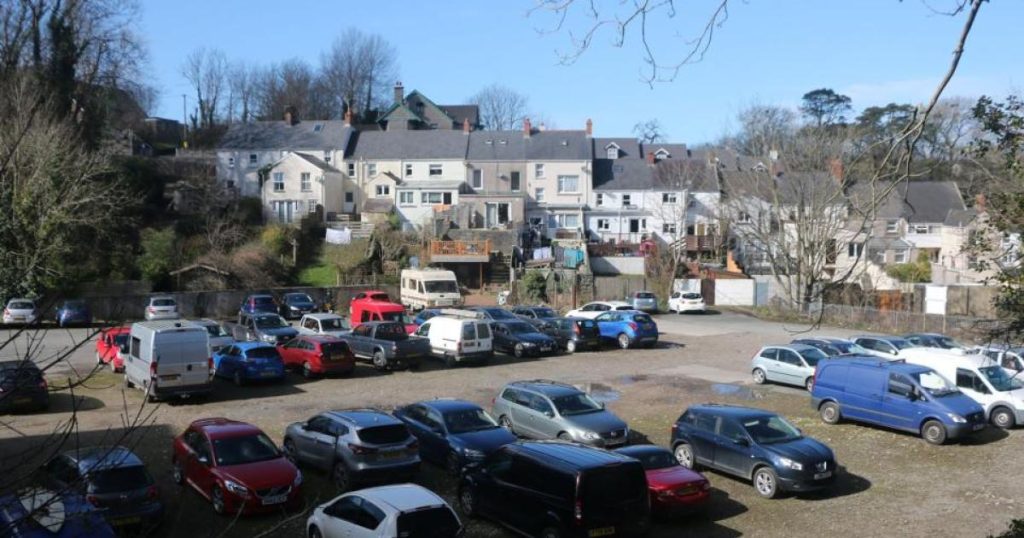News
Stonehenge origins search heats up as Orkney ruled out

SCIENTISTS’ search for the source of Stonehenge’s iconic Altar Stone has intensified, with a new paper ruling out Orkney as where it came from.
The new findings follow last month’s news that the largest “bluestone” at the heart of Stonehenge came from the Orcadian Basin of north-eastern Scotland, and not from Wales as previously thought.
Construction at Stonehenge began 5,000 years ago, with changes and additions to the ancient site happening over the next two millennia.
Although it is unclear when the Altar Stone arrived at Stonehenge, it may have been placed within the world-renowned central horseshoe of stones during the second construction phase at around 2620 – 2480 BC.
With many Neolithic monuments, and having the right geological features, Orkney seemed a likely candidate for the source of the Altar Stone.
Published in the Journal of Archaeological Science: Reports, the new research examined both the five exposed Neolithic-age stones at the Stones of Stenness and seven others at the Ring of Brodgar on mainland Orkney, similar in size and rock type to the Altar Stone.
The research concludes that the six-tonne Altar Stone at the heart of the ancient site was not sourced from Mainland Orkney but elsewhere within north-eastern Scotland.
“The mystery of where the stone came from is becoming clearer and clearer as we begin to rule out specific areas in north-east Scotland. This research is radically changing our thinking about the origins of the Altar Stone. It’s thrilling to know that our chemical analysis and dating work is slowly unlocking this great mystery.
“The Altar Stone is anomalous in many ways to both the bluestones and the sarsens at Stonehenge. Whilst, at six tonnes, it is nowhere near the size of the sarsens, it is substantially larger than the bluestones, with which it has previously been classed. It lies in an unusual position at the monument, occupying a near central location and not within either the Bluestone Circle or the Bluestone Horseshoe. It is also grey-green sandstone, unlike all the other bluestone rock types.
“As an academic, I have been fascinated by Stonehenge for decades. I and my other colleagues in the team will continue to work to pin down where exactly in the north-east of Scotland the Altar Stone came from.”
The new research adds to findings by Aberystwyth University and other UK and Australian scientists published last month in Nature that concluded that the Altar Stone came from north-eastern Scotland.
In turn, this built on previous Aberystwyth University research that ruled out its Welsh origins and suggested that it should no longer be classified as a bluestone.
Community
New parking rules spark concern at Dew Street site

Residents question phone-only payments, rising permit costs and future of former library building
RESIDENTS in Haverfordwest’s upper town say new parking rules behind the former County Library on Dew Street risk excluding older and less tech-savvy drivers, as concerns grow over both rising permit prices and the uncertain future of the prominent community building.
The car park is owned by Ateb Group, which allowed free public use over Christmas. However, signs installed this week state that drivers must pay either by phone or online.
Campaigners say both options effectively require a smartphone or internet access, leaving some motorists without a practical way to pay.
Mike Daffern, acting secretary of the Dew Street Campaign, told The Herald: “Realistically these are the same method. Both depend on a phone. For many older people, or anyone without mobile data, that simply isn’t accessible.
“Government guidance says there should be more than one way to pay. Most car parks still offer cash or card. We feel this discriminates against some of the very people who rely most on town centre parking.”

Permit prices questioned
Residents also say they were previously informed that Ateb intended to mirror the charging structure used by Pembrokeshire County Council.
They expected this would reduce the cost of residential permits. Instead, several have reported being quoted figures more than four times higher than equivalent council permits, alongside what they describe as a 30 per cent rise on last year.
One nearby resident, who did not wish to be named, said: “We were told it would be in line with the council. When the price came through it was nowhere near. For some households it just isn’t affordable.”
The Herald has approached Ateb for clarification on its pricing structure and the choice of payment systems.
Building left in limbo

Beyond parking, frustration is mounting about the long-term future of the former library itself.
Planning permission to refurbish the site was granted in 2023, but residents say little visible progress has been made. There is speculation the housing association may instead base operations in Milford Haven following the closure of Meyler House.
Campaigners argue that if the building is no longer required for offices, alternative community uses should be explored rather than allowing further deterioration.
A petition signed by ninety-five locals has been submitted to Cadw requesting the structure be considered for listing.
The request is backed by Royal Commission on the Ancient and Historical Monuments of Wales and The Twentieth Century Society, both of which recognise its architectural significance as an example of late 20th-century civic design. The building also features in Simon Phipps’ book Brutal Wales / Cymru Friwtalaidd, which celebrates modernist architecture across Wales.
Mr Daffern said: “It’s part of Haverfordwest’s story. Even people who don’t love the look of it accept it’s an important public building. Leaving it empty helps no one.”

Temporary arrangement
Public use of the car park may only ever be short-term. The 3.5-acre site, including the former library, was sold by the council for £250,000 in 2022.
A consultation held in early 2024 on potential redevelopment proposals drew criticism, with some residents describing suggested housing plans as “cut-price” and out of keeping with the conservation area surrounding the historic upper town.
No formal planning application has yet been submitted.
Residents say clearer communication is needed on both the future of the land and day-to-day parking arrangements.
Mr Daffern added: “People understand the site will change one day. But while it’s open, it should be fair and accessible. All we’re asking for is common sense and proper engagement with the community.”
international news
Mandelson quits Labour over Epstein controversy

Former cabinet minister says stepping down is ‘in best interests of the party’ as questions raised over historic payments
LORD MANDLESON has resigned his membership of the Labour Party, saying he does not want to cause “further embarrassment” following renewed controversy over his past links to convicted sex offender Jeffrey Epstein.
The former cabinet minister and one-time UK ambassador to the United States confirmed his decision in a letter to Labour’s general secretary after fresh documents released by the US Department of Justice appeared to reference him in connection with Epstein’s finances.
The files suggest that three payments of $25,000 — totalling $75,000, about £55,000 at today’s exchange rates — were allegedly made to Peter Mandelson in 2003 and 2004.
Lord Mandelson said he had “no record or recollection” of the transactions and believes the allegations may be false, but intends to investigate the matter himself.
In his resignation letter, he wrote that he felt “regretful and sorry” to be linked again to what he described as the “understandable furore” surrounding Epstein.
He added that stepping down from party membership was the responsible course of action while he reviewed the claims.
“I do not wish to cause further embarrassment to the Labour Party,” he said. “I have dedicated my life to the values and success of the party and believe I am acting in its best interests.”
Ambassador role ended
Lord Mandelson had been appointed the UK’s ambassador to Washington by Prime Minister Keir Starmer in December 2024.
However, he was removed from the post last year after earlier revelations about his past friendship and contact with Epstein, including emails showing communication after the financier’s 2008 conviction.
The latest release of files has also included photographs said to show Lord Mandelson alongside an unidentified woman. He said he could not place the location or circumstances of the images.
There is no suggestion that appearing in the documents or photographs indicates criminal wrongdoing.
‘Deep regret’
Earlier this weekend, Lord Mandelson reiterated his regret for ever having known Epstein and apologised “unequivocally” to the women and girls who suffered abuse.
“I want to repeat my apology to the women and girls whose voices should have been heard long before now,” he said.
Epstein died in prison in 2019 while awaiting trial on sex trafficking charges, but investigations into his network of associates continue to generate political fallout on both sides of the Atlantic.
Labour has not yet issued a detailed statement beyond confirming it had received Lord Mandelson’s resignation.

Health
Doctor struck off after sexual misconduct findings at Withybush Hospital

Hospital medic erased from register for second time after tribunal finds abuse of trust and repeated inappropriate behaviour
A DOCTOR who worked at Withybush Hospital has been struck off the medical register after a tribunal found he sexually harassed junior colleagues and abused his position of trust.
Dr Velmurugan Kuppuswamy was erased from the register by a panel convened by the General Medical Council following findings that he made inappropriate sexual comments, engaged in unwanted physical contact, and displayed what was described as a pattern of sexually motivated behaviour towards more junior members of staff.
The Medical Practitioners Tribunal Service heard the misconduct occurred over several weeks between August and September 2021 while he was working at the Haverfordwest hospital.
The panel concluded he made inappropriate remarks to female colleagues at a social event and touched staff without their consent. His conduct was described as repeated, targeted, and exploitative of the power imbalance between senior and junior medics.
Catherine Moxon, chairing the tribunal, said the behaviour represented a clear abuse of his professional position and a serious failure to maintain appropriate boundaries.
The tribunal found his actions undermined colleagues’ dignity and confidence and risked damaging public trust in the medical profession.
Although Dr Kuppuswamy denied the allegations and pointed to his clinical competence, the panel ruled the misconduct was serious, persistent, and not easily remediable. Erasure, it said, was necessary to protect the public and maintain confidence in doctors.
His name has now been removed from the medical register with immediate effect.
Troubled history
This is not the first time Dr Kuppuswamy’s fitness to practise has been called into question.
Tribunal records show he was previously struck off in 2012 after being found dishonest during an application and interview for a postgraduate cardiology training post at an NHS deanery in England.
The earlier hearing found he falsely claimed to have submitted a Doctor of Medicine thesis, said he was a member of the Royal College of Physicians, and stated he had passed a practical clinical skills assessment.
He initially admitted the deception before retracting parts of his account. The tribunal concluded he had maintained dishonest accounts and wrongly accused another witness of misleading evidence.
He was erased from the register and returned to India, where he later worked at a cardiac hospital.
Return and fresh concerns
In 2020, he successfully applied to be restored to the UK register despite opposition from the GMC, which raised concerns about the timing of his remorse and the lack of independent evidence about his overseas work. The regulator also noted he had not undertaken ethics training.
At the time, a tribunal accepted his assurances that he had changed, describing his evidence as “compelling, heartfelt and genuine,” and concluded that a well-informed member of the public would not be concerned about his return.
Shortly after being reinstated, he began working shifts at Withybush Hospital, part of Hywel Dda University Health Board.
Within months, the fresh allegations that have now led to his second erasure emerged.
The health board has not publicly commented on the outcome of the hearing.
-

 Health4 days ago
Health4 days agoConsultation reveals lack of public trust in health board
-

 News5 days ago
News5 days agoCaldey still unsafe, survivors warn — despite Abbey’s reform claims
-

 Community5 days ago
Community5 days agoPembrokeshire students speak at national Holocaust Memorial Day event
-

 News7 days ago
News7 days agoWales warned against single police force as Lib Dems cite Scotland ‘lesson’
-

 Crime7 days ago
Crime7 days agoMilford Haven man appears in court charged with burglary and GBH
-

 Business7 days ago
Business7 days agoDuke of Edinburgh Inn in Newgale on the market for £325,000
-

 Local Government6 days ago
Local Government6 days agoTribunal over former Neyland councillor’s conduct adjourned
-

 News5 days ago
News5 days agoKurtz raises Gumfreston flooding in the Senedd as petition deadline nears

























